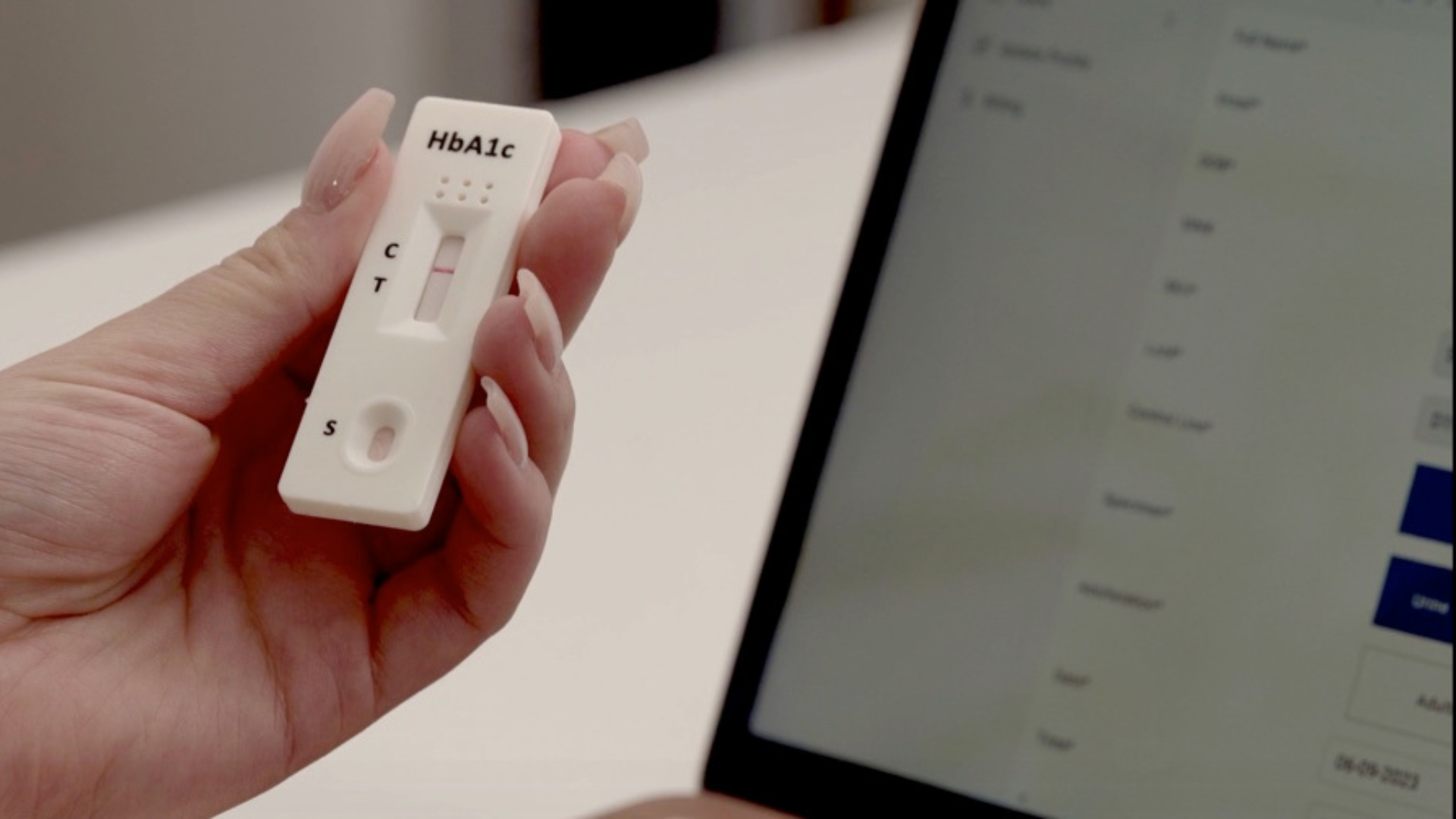The healthcare industry is making strides toward sustainability, with a growing focus on reducing waste. Two major innovations are leading the way: eco-friendly rapid testing and digital record-keeping. By replacing traditional materials with biodegradable alternatives and reducing paper use through digital solutions, healthcare providers and diagnostic companies are minimizing their environmental impact.

The Environmental Impact of Traditional Rapid Tests
Rapid tests play a crucial role in diagnosing infectious diseases, monitoring health conditions, and ensuring workplace safety. However, traditional tests often contribute to medical waste, as they contain plastic, single-use components, and non-recyclable packaging. As global awareness of environmental issues grows, the demand for eco-friendly rapid testing solutions has increased.
Biodegradable Materials: A Greener Alternative
Innovations in biodegradable test components are helping to address these concerns. Many companies are now developing test kits using:
- Compostable or biodegradable plastics that break down more easily.
- Recyclable packaging that reduces unnecessary waste.
- Reduced single-use materials, limiting the overall environmental footprint.
By adopting these sustainable materials, healthcare providers can significantly cut down on plastic waste while maintaining the accuracy and reliability of diagnostics.
Going Paperless: The Role of Digital Records
Another key step toward sustainability is the shift to digital record-keeping. Traditionally, rapid testing required printed reports, forms, and manual documentation. Now, digital health platforms allow for:
- Instant, paperless test results shared securely with healthcare professionals.
- Automated tracking and reporting, reducing administrative waste.
- Improved accuracy and efficiency, minimizing errors caused by manual data entry.
This transition not only benefits the environment but also improves patient care by streamlining processes and making data more accessible.

The Future of Sustainable Diagnostics
Sustainability in healthcare isn’t just about reducing waste—it’s about rethinking how we diagnose, manage, and store health information in a more efficient, eco-conscious way.
At Spectrum MDX, all of our eco-friendly rapid testing products are biodegradable, ensuring a reduced environmental footprint without compromising reliability. Additionally, our digital health platform, Results+, helps eliminate paper waste by automatically generating digital reports that can be saved as PDFs and securely shared with healthcare providers.
With Results+, healthcare professionals and consumers alike can:
✅ Instantly access test results through a secure digital platform.
✅ Save and share reports in downloadable PDF format.
✅ Reduce administrative burdens with automated tracking and digital storage.
By integrating sustainable materials with smart digital solutions, we are helping to create a greener, more efficient healthcare system—one that not only reduces waste but also improves patient care.
Looking Ahead
As technology advances, the future of eco-friendly rapid testing looks promising. More companies are investing in sustainable solutions, and healthcare providers are embracing digital transformation. By working together, the industry can continue to reduce waste, improve patient care, and move toward a more sustainable future.
➡️ Want to learn more about sustainable rapid testing and digital solutions? Contact us today.